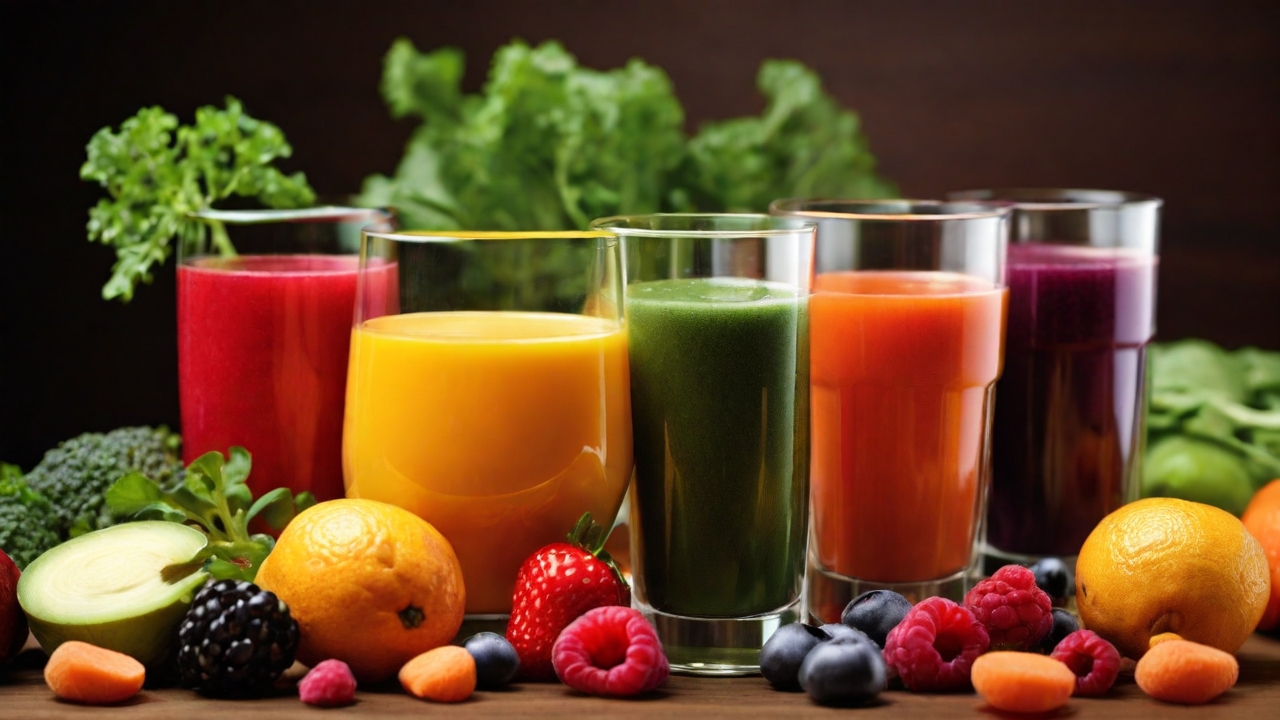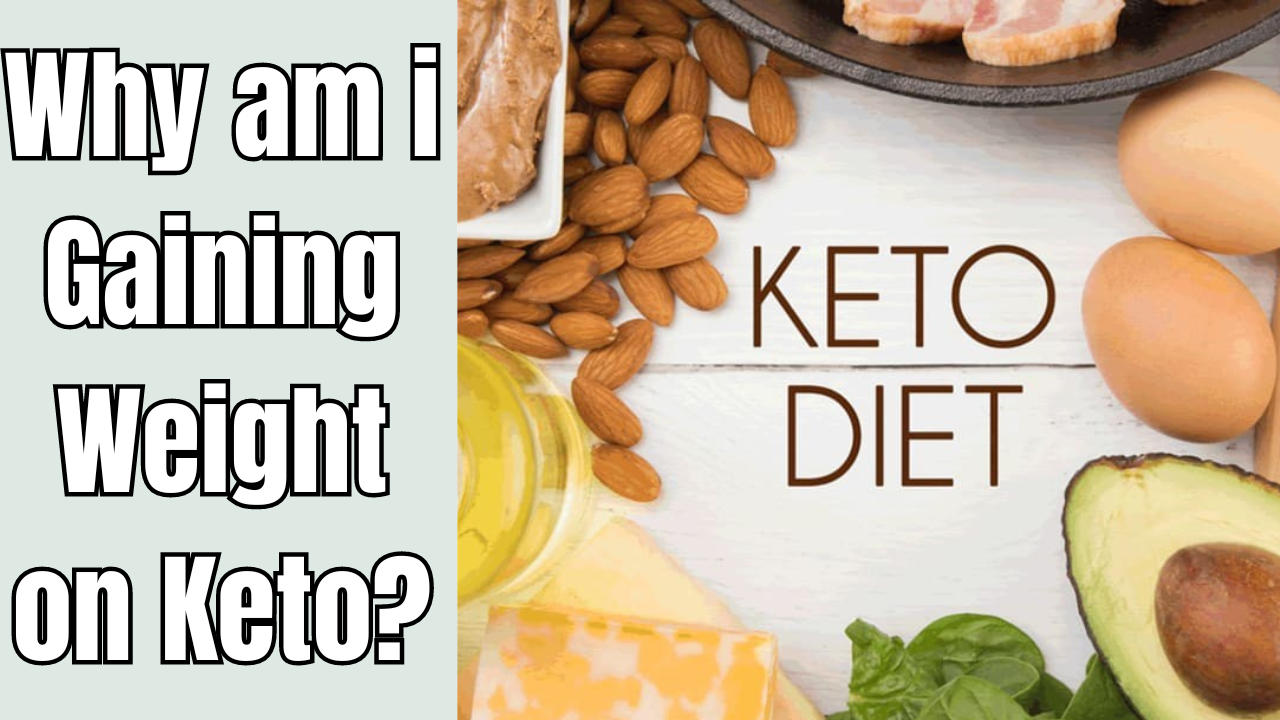Have you ever been on social media and seen those bright green drinks that claim to help you lose weight so much? You can juice as part of a healthy lifestyle, but you should know the facts before you buy a juicer and start a juice fast. Is juice a good way to lose weight? In this article, we will discuss the pros, cons, and long-term methods for juicing as part of your weight loss plan.
Table of Contents
ToggleCan Juicing Help You Lose Weight?
When you juice, you get the liquid from fruits and veggies, which concentrate their vitamins, minerals, and some antioxidants. People who say juicing can help you lose weight say it has several benefits, including:
- Lower calorie intake: Many drinks naturally have fewer calories than solid foods, which could help you lose weight by leaving you with fewer calories than you burn.
- Increased nutrient intake: Juicing fruits and veggies makes getting more vitamins, minerals, and phytonutrients easy.
- Improved satiety: Because they are mostly water, some juices, especially those with veggies, can make you feel full and may help you stop eating too much.
However, it’s important to consider the downsides:
- Loss of fiber: Fruits and veggies lose most of their fiber when juicing. Fiber is good for gut health, digestion, and feeling full.
- Sugar overload: Fruit drinks often contain much sugar, even sugars from fruits and vegetables, like fructose. Too much sugar can cause weight gain and harm your health in other ways.
- Nutrient deficiencies: Protein and healthy fats are lost when you juice, but they are needed for building and healing tissues and feeling full.

Is Juicing Safe for Weight Loss?
Juicing may help you lose weight at first because it lowers the calories you eat, but it’s not a safe or long-term option. This is why:
- Yo-yo effect: People who do juice cleanses or have strict juice diets often lose weight quickly. However, they usually regain weight soon after returning to a normal diet.
- Nutrient imbalances: Juice doesn’t have enough protein, good fats, or fiber, which can make you tired, cause muscle loss, and cause digestive problems.
- Unsupportable claims: Many claims that juicing can clean out your body or burn fat are backed up by something other than science.
Healthy Juicing for Weight Loss
If you like juice and want to use it to help you lose weight, here are some ideas:
- Focus on vegetables: Leafy greens, celery, cucumber, and other low-sugar veggies should be the top ingredients in juices.
- Limit fruits: Pair low-sugar fruits, like berries, with veggies to keep the sweetness in check.
- Blend, don’t just juice: When you blend fruits and veggies, the fiber stays in the mixture, which makes you feel fuller for longer.
- See it as a supplement, not a replacement: If you want to lose weight, don’t just drink juices. For a well-rounded diet, eat them with healthy meals.
Making Juicing Work for You
Here’s how to use juicing to help you healthily lose weight:
- Focus on a balanced diet: Leafy greens, celery, cucumber, and other low-sugar veggies should be the top ingredients in juices.
- Use juicing for occasional boosts: Pair low-sugar fruits, like berries, with veggies to control sweetness.
- Control portion sizes: When you blend fruits and veggies, the fiber stays in the mixture, which makes you feel fuller for longer.
- Pair with exercise: If you want to lose weight, don’t just drink juices. For a well-rounded diet, eat them with healthy meals.
FAQs on Juicing for Weight Loss
Will juicing help me lose weight quickly?
Juicing might help you lose some weight initially, but it’s not a good or long-term way to control your weight.
Can juicing detox my body?
Your liver and kidneys are part of your body’s natural cleansing system. Juicing does not provide extra cleansing benefits.
Is juicing better than eating whole fruits and vegetables?
No, whole fruits and veggies have fiber and nutrients that juice doesn’t have.
Are there any health risks associated with juicing?
Excessive juicing, especially if you rely on fruit-heavy juices, can lead to nutrient deficiencies, digestive issues, and high sugar intake.
What type of juicer should I buy?
There are centrifugal and masticating juicers. The masticating juicer is kinder to your teeth and retains more nutrients but costs more. Consider your finances and how often you want to juice.
In the end:
Juicing can help you lose weight, but it’s not a magic bullet. Focus on creating a calorie deficit that you can keep up by eating well and working out regularly. Before starting any new weight loss plan, including juicing, you should talk to a doctor or qualified dietitian.







